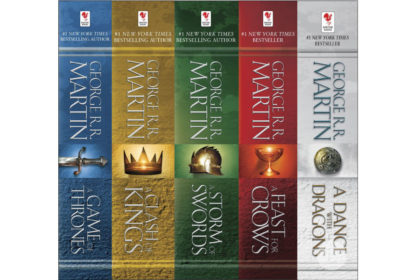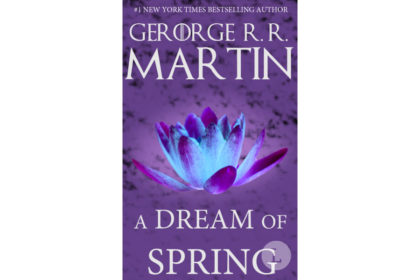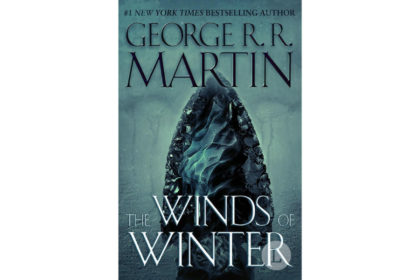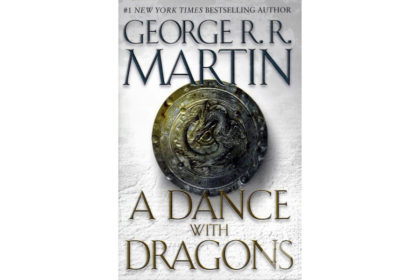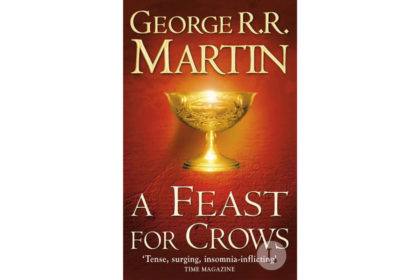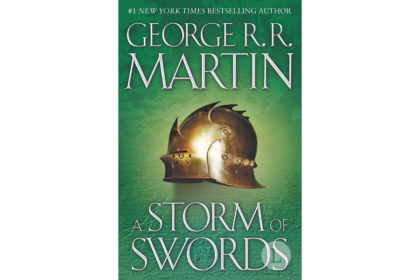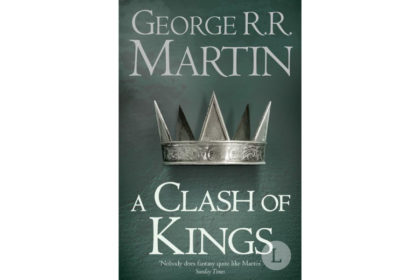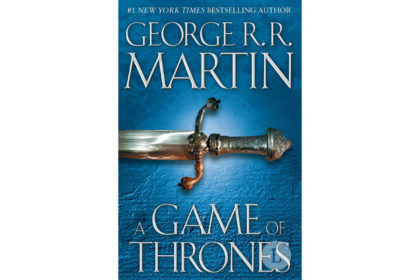Harry Potter and the Philosopher’s Stone, the first installment in J.K. Rowling’s iconic Harry Potter series, introduces readers to the magical world of wizards, witches, and the titular protagonist, Harry Potter. The novel has captivated audiences worldwide, enchanting readers of …
J. K. Rowling: Harry Potter and the Philosopher’s Stone


